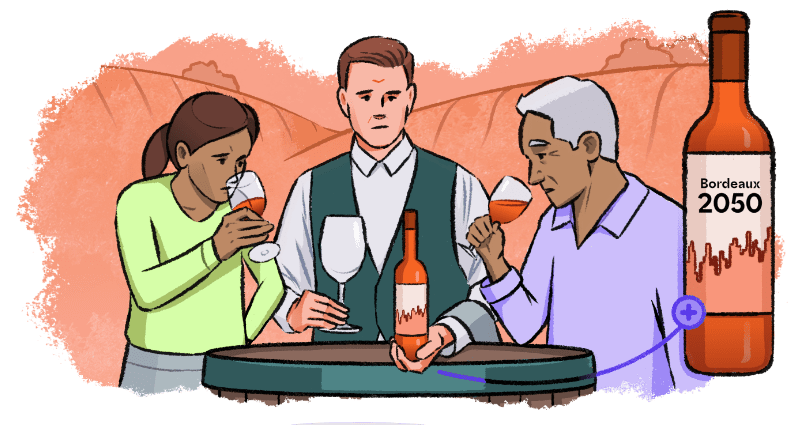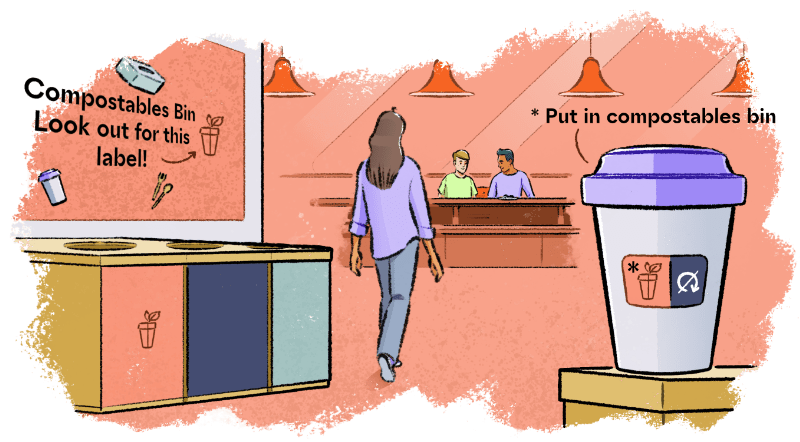What unsustainable behavior needs to change:
Our choices all have environmental consequences. Those consequences, however, are far too easy to dismiss when they belong to a distant future.
Research from the field of neuroscience suggests that when we think about our future selves, our brain reacts in the same way it would when confronting a stranger (1). Any future rewards or punishments are, psychologically, someone else’s problem.
You don’t have to look far to see that the consequences of global warming are already here. And yet, making our future more tangible can be a powerful tool for motivating action (2).
In other domains, encouraging people to vividly project who they’ll be in several years’ time has helped them to be more patient in achieving long term health (3), fitness (4) and financial goals (1). If thinking about our future can help us to save nearly twice as much money (1), can it also save the environment?
The Green Nudge:
To increase mobilisation around COP21, French NGOs rallied together to make the data around global warming’s impact on agriculture more concrete.
Severe climate conditions are predicted for the Bordeaux wine region in France by 2050, including a temperature increase of 2 to 4 °C, hailstorms, flooding, and drought.
To make global warming’s impact more tangible, the French Association of Journalists for the Environment (AJE) recruited wine experts, climate scientists, and other specialists to simulate the future taste of Bordeaux wine using climate projections. This resulted in an experimental wine blend of grapes grown in warmer, drier climates, leading to quite different chemical and sensory profiles. Bordeaux 2050 is dense, less refined, less elegant, with a dry and tannic finish. It’s certainly not something you’d want to serve to impress a date anytime soon.
By connecting wine enthusiasts’ present and future experiences, McCann Paris and the Association des journalistes de l’environnement are motivating people around the world to protect one of France’s most enduring legacies: its wine.
Let’s toast to that!
(1) Hershfield, 2011
(2) Bartles and Rips, 2010
(3) Song et al, 2013
(4) Fox and Bailenson, 2009


